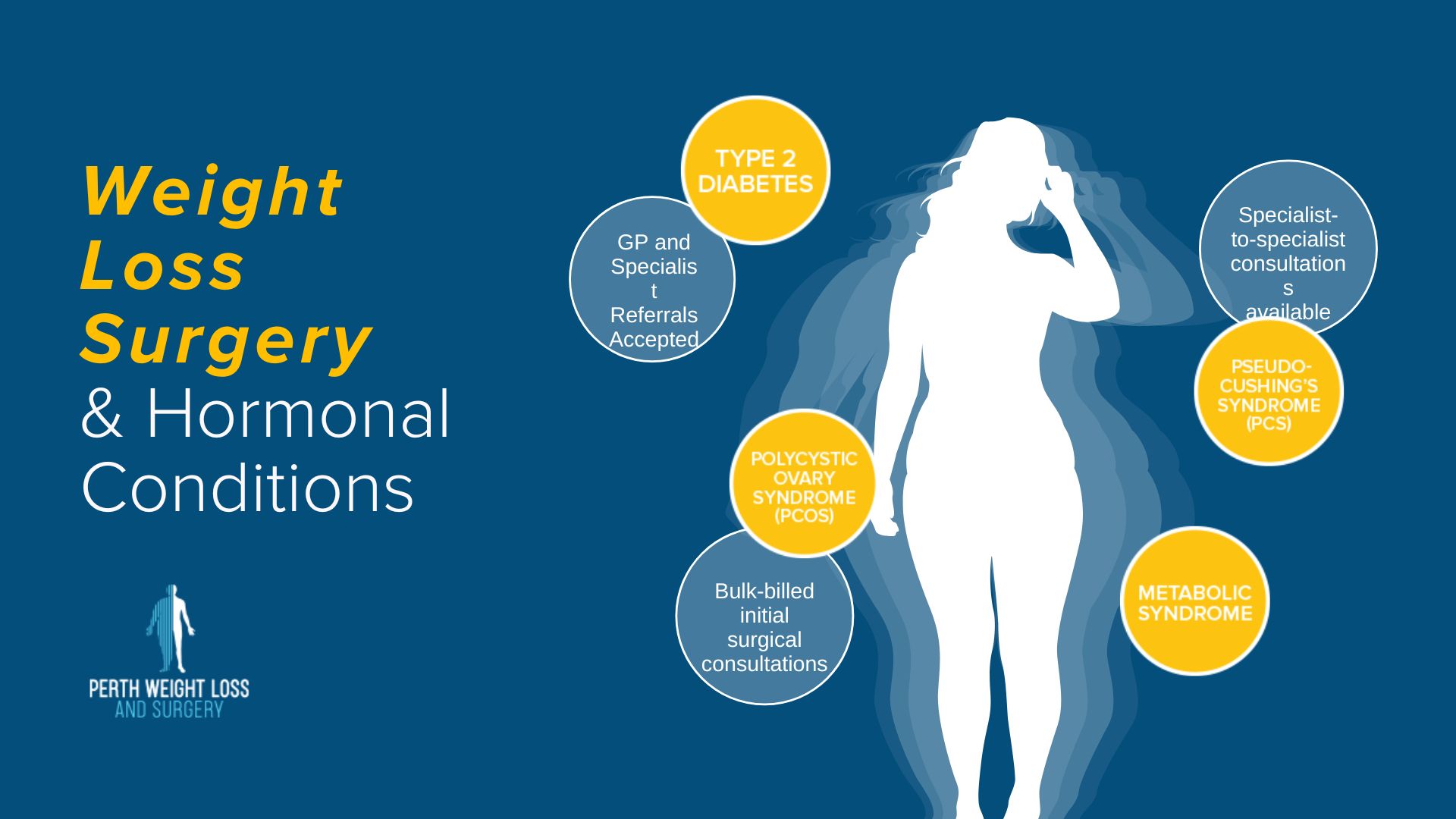When Weight Loss Injections Are No Longer Enough: Dr Siva Gounder on Why More Patients Are Turning to Bariatric Surgery
In recent years, weight loss injections have provided new hope for individuals managing obesity. Medications such as semaglutide (Ozempic®), liraglutide (Saxenda®), and, more recently tirzepatide (Mounjaro®) have enabled significant weight loss for many patients.
However, bariatric surgeon Dr Siva Gounder, based in Perth, Western Australia, has observed a growing trend: many patients who initially succeeded with weight loss injections are now seeking bariatric surgery to achieve sustainable, long-term outcomes.
According to Dr Gounder, the reality of medication plateaus, emotional toll, and financial pressures are key factors driving this shift.
He emphasises that while weight loss injections have an important role, surgery remains a critical option for patients aiming for lasting health improvements.
Clinical Observations: Why Patients Are Moving Beyond Injections
Through his work at Perth Weight Loss and Surgery, Dr Gounder has noted an increasing number of patients who began their weight loss journey with injections, only to encounter diminishing results.
Typically, patients lose between 10 to 15 percent of their starting body weight during the initial months. However, by the 9–12 month mark, many experience a plateau, where further weight loss stalls despite continued adherence to treatment.
Research confirms this experience. Studies show that GLP-1 receptor agonists commonly produce a plateau in weight loss outcomes after the first year of use【1】.
Patients often face not only physical stagnation but significant emotional distress when progress slows or reverses.
Dr Gounder explains that many patients internalise this plateau as a personal failure, even though it is a well-documented biological response. Feelings of frustration, disappointment, and anxiety are common, undermining confidence and motivation.
For patients who have fought hard to lose weight, the emotional impact of stalled progress can be profound.
Compounding this challenge is the financial burden.
In Australia, weight loss injections generally cost between $500 and $750 per month when used outside of subsidised diabetes management. Over a single year, this equates to an outlay of $6,000 to $9,000, with no end date in sight.
For many, sustaining this financial commitment indefinitely is simply not viable.
Dr Gounder notes that affordability concerns are now one of the leading reasons patients seek consultation about bariatric surgery.
Bariatric Surgery: A Sustainable Next Step
Bariatric surgery offers a powerful, sustainable solution for patients who have plateaued with injections or who find the ongoing costs unmanageable.
Procedures such as sleeve gastrectomy and gastric bypass produce greater and more durable weight loss than medications alone.
Studies consistently report that patients can achieve 25–35% total body weight loss following surgery【2】 — often double the percentage achieved with weight loss injections【3】.
Beyond weight loss, surgery leads to substantial improvements in metabolic health.
Conditions such as type 2 diabetes, hypertension, obstructive sleep apnoea, and dyslipidaemia frequently resolve or significantly improve after bariatric procedures【4】.
Importantly, unlike medications, bariatric surgery alters the body’s anatomy and hormonal environment, creating a physiological foundation for long-term weight control without the need for continuous pharmaceutical intervention.
Dr Gounder highlights that while surgery requires commitment to lifestyle and dietary changes, it provides a one-time intervention with enduring benefits — both medically and financially.
Emerging Medications: Promise, But Challenges Remain
Dr Gounder acknowledges the excitement surrounding newer medications such as tirzepatide, which have demonstrated the ability to induce greater weight loss than earlier GLP-1 therapies【5】.
However, he cautions that the fundamental challenges associated with weight loss injections remain unchanged.
These include:
- The necessity for indefinite use to maintain weight loss
- The high ongoing cost to patients
- Potential side effects include nausea, vomiting, and gastrointestinal disturbances
- Biological plateaus that may still occur despite higher efficacy
Moreover, even with next-generation treatments, discontinuation typically results in rapid weight regain, underscoring the importance of long-term management strategies【6】.
Thus, while newer medications have expanded the therapeutic toolkit, they do not eliminate the need for surgical options — particularly for patients seeking a sustainable, lifelong solution.
Emotional Wellbeing: A Vital Consideration
The emotional toll experienced by patients reaching a plateau with weight loss injections cannot be understated.
According to Dr Gounder, the psychological distress of stalled weight loss often mirrors — or even exceeds — the initial struggles with obesity itself.
Feelings of failure, helplessness, and hopelessness can erode self-esteem and willingness to continue pursuing healthy behaviours.
This emotional fatigue often becomes a catalyst for patients to explore bariatric surgery as a way to regain momentum and restore hope.
Dr Gounder observes that many surgical patients experience a renewed sense of empowerment.
The tangible results post-surgery — steady, visible weight loss and improvements in health — frequently rebuild confidence and restore a sense of agency over their health journey.
Early Referral: A Message to GPs and Healthcare Providers
Dr Gounder encourages general practitioners and allied health professionals to consider early referral for surgical assessment when patients plateau on weight loss injections or express concerns about affordability and sustainability.
Bariatric surgery should not be viewed as a last resort.
Instead, it should be presented as an evidence-based, proactive option — particularly for patients with significant obesity or weight-related comorbidities.
Timely referral allows patients to access information about all treatment options, empowering them to make informed decisions based on their individual circumstances, goals, and medical history.
Sustainable Health Requires Sustainable Strategies
Weight loss injections have brought valuable new opportunities for managing obesity.
However, as clinical experience shows, many patients encounter limits — both biological and financial — with medication-only strategies.
Dr Siva Gounder advocates a comprehensive, patient-centred approach.
For individuals who have reached a plateau, who are facing mounting costs, or who seek a long-term solution, bariatric surgery provides an effective, sustainable pathway to better health.
It is not simply about losing weight.
It is about regaining quality of life, reducing the burden of chronic disease, and building a foundation for lasting well-being.
As obesity treatment continues to evolve, Dr Gounder emphasises that bariatric surgery remains a cornerstone of sustainable, transformative care — a vital option for those ready to take the next step beyond weight loss injections.
References:
- Wilding J.P.H. et al., STEP Trials, 2021.
- Sjöström L. et al., Swedish Obese Subjects Study, 2007.
- Jastreboff A.M. et al., SURMOUNT-1 Trial, 2022.
- Schauer P.R. et al., STAMPEDE Trial, 2017.
- Jastreboff A.M. et al., Tirzepatide Outcomes in Obesity, 2022.
- Rubino D. et al., Weight Regain After Semaglutide Discontinuation, 2021.




